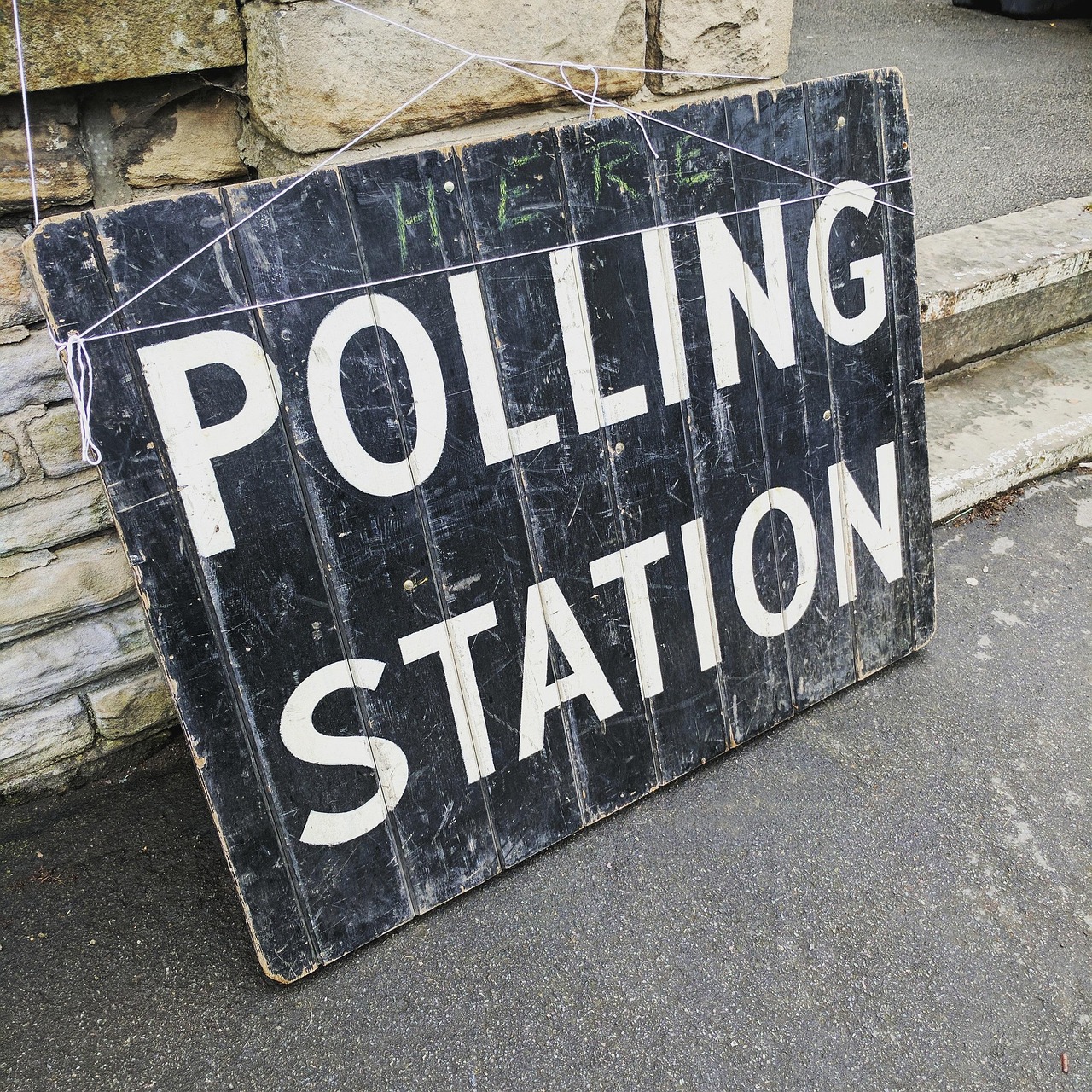The rise of right-wing parties in Europe is breaking down traditional efforts to keep them out of power. Six EU countries have hard-right parties in government, including Italy, Finland, Slovakia, Hungary, Croatia, and the Czech Republic. In Sweden, the government depends on a deal with the nationalist Sweden Democrats. In the Netherlands, Geert Wilders is close to forming the most right-wing government in recent Dutch history. Far-right parties like Marine Le Pen’s National Rally in France and Alternative for Germany in Germany are polling strongly. These parties may form a powerful bloc in the upcoming European Parliament election.

European conservative nationalist movements and parties are gaining popularity, with support for more restrictive immigration policies. The election of Italian Prime Minister Giorgia Meloni in 2022 marked a turning point for European conservatives. Conservative and right-wing parties have been successful in recent elections in countries like Italy, Finland, Greece, and Sweden. Younger voters across Europe are increasingly supporting conservative and right-wing parties. There is a shift towards national populism and continental conservatism, with parties advocating for more restrictive immigration policies and opposing EU centralization. The success of these parties has led to changes in electoral behavior and ideological trends in Europe. The rise of conservative parties is evident in countries like the Netherlands, Germany, and France. The European conservative movement is growing, with leaders like Giorgia Meloni and Marine le Pen gaining support.
The European Parliament elections saw a shift to the right, with the mainstream center-right European People’s Party (EPP) leading and far-right parties making gains. Marine Le Pen’s National Rally in France had double the support of President Emmanuel Macron’s Renaissance, leading Macron to call for snap elections. The impact of the rightward shift on the EU’s future is uncertain, with divisions among right-wing parties and challenges in acting collectively. Mainstream pro-EU parties still hold a majority in the Parliament, and the Parliament’s role in shaping EU policies is limited. Macron’s snap elections gamble aims to counter National Rally’s rise. If National Rally wins, it could lead to a “cohabitation” government in France. Macron is betting on discrediting the far-right party if they join the government. Le Pen’s party has been critical of Macron’s policies towards Russia. Macron could retain control over foreign and defense policy even in a divided government scenario.
Far-right parties in Austria and Germany have made significant gains in recent elections, leading to potential destabilization in domestic politics and a normalization of anti-migrant and Euroskeptic viewpoints in European politics. The Freedom Party in Austria won 29 percent of the vote in September, while the Alternative for Germany (AfD) achieved victories in Thuringia and record results in Brandenburg and Saxony. These developments could impact policymaking in the EU, with mainstream parties adopting hardline policies on migration in response to the rise of far-right parties.
European conservatives are facing a critical choice following election wins, with Ursula von der Leyen from the European Commission in a strong position to secure a second term. The center-right and center-left parties received the largest number of votes, preventing a far-right surge. However, nationalist far-right parties gained seats in France and Germany, prompting the European People’s Party to consider partnering with less extreme far-right parties. Von der Leyen expressed openness to cooperating with the far-right Brothers of Italy, led by Italian Prime Minister Giorgia Meloni, who has supported EU aid for Ukraine. This decision could impact EU policies on various issues, including immigration and relations with the United States. Geert Wilders, leader of the far-right Party for Freedom in the Netherlands, has moderated his stance in a coalition government, raising debates on mainstreaming far-right figures. Critics warn against the risks of mainstreaming far-right leaders like Meloni and Wilders, citing proposals that could concentrate power. The relationships between European and American far-right leaders are noted, with connections between figures like Donald Trump and European nationalist leaders.

